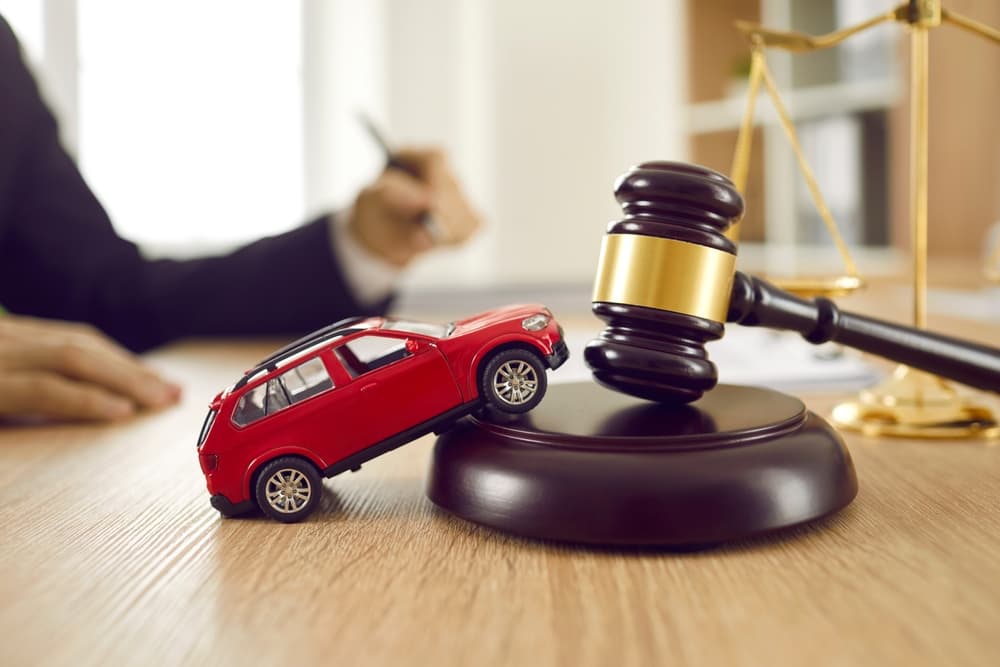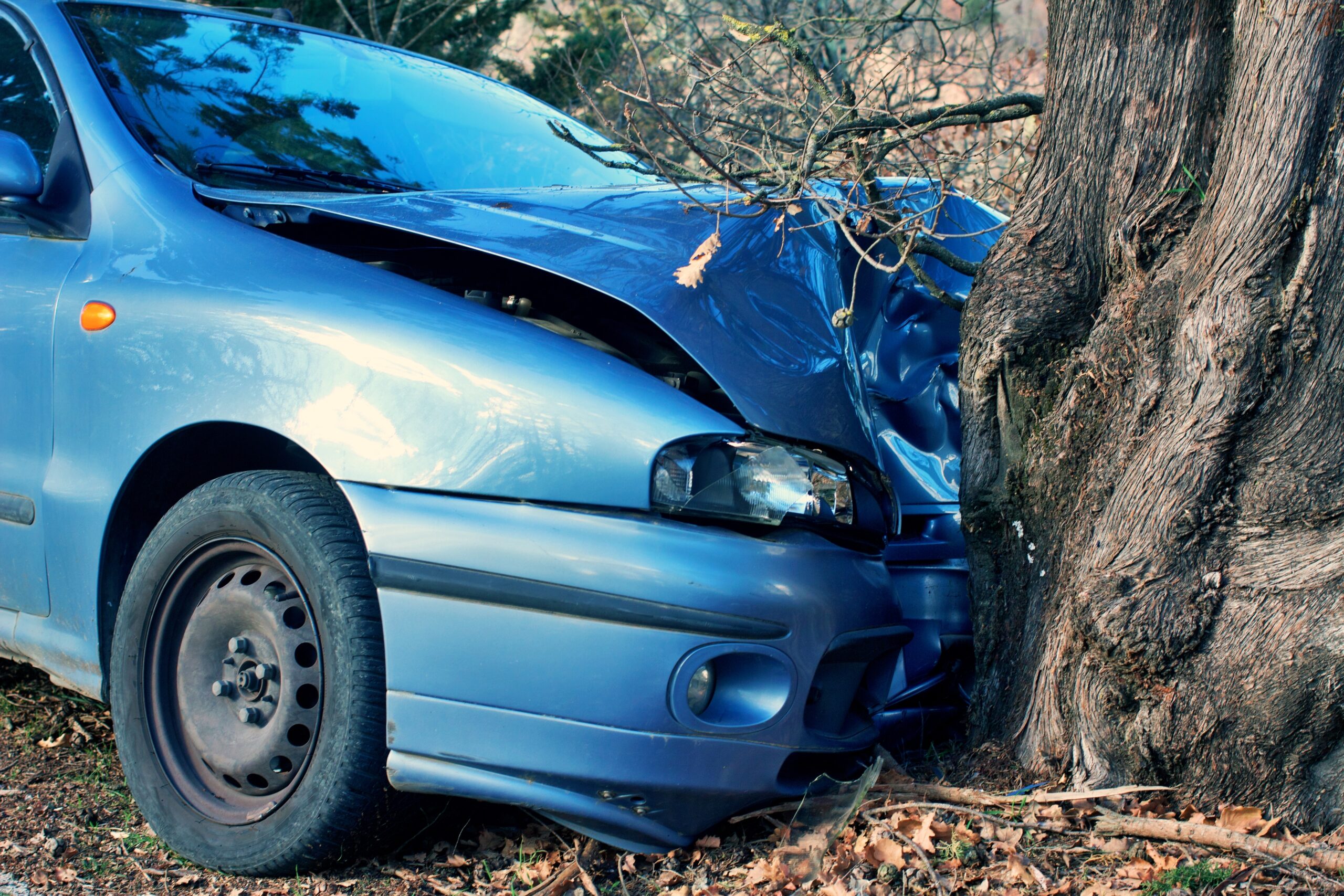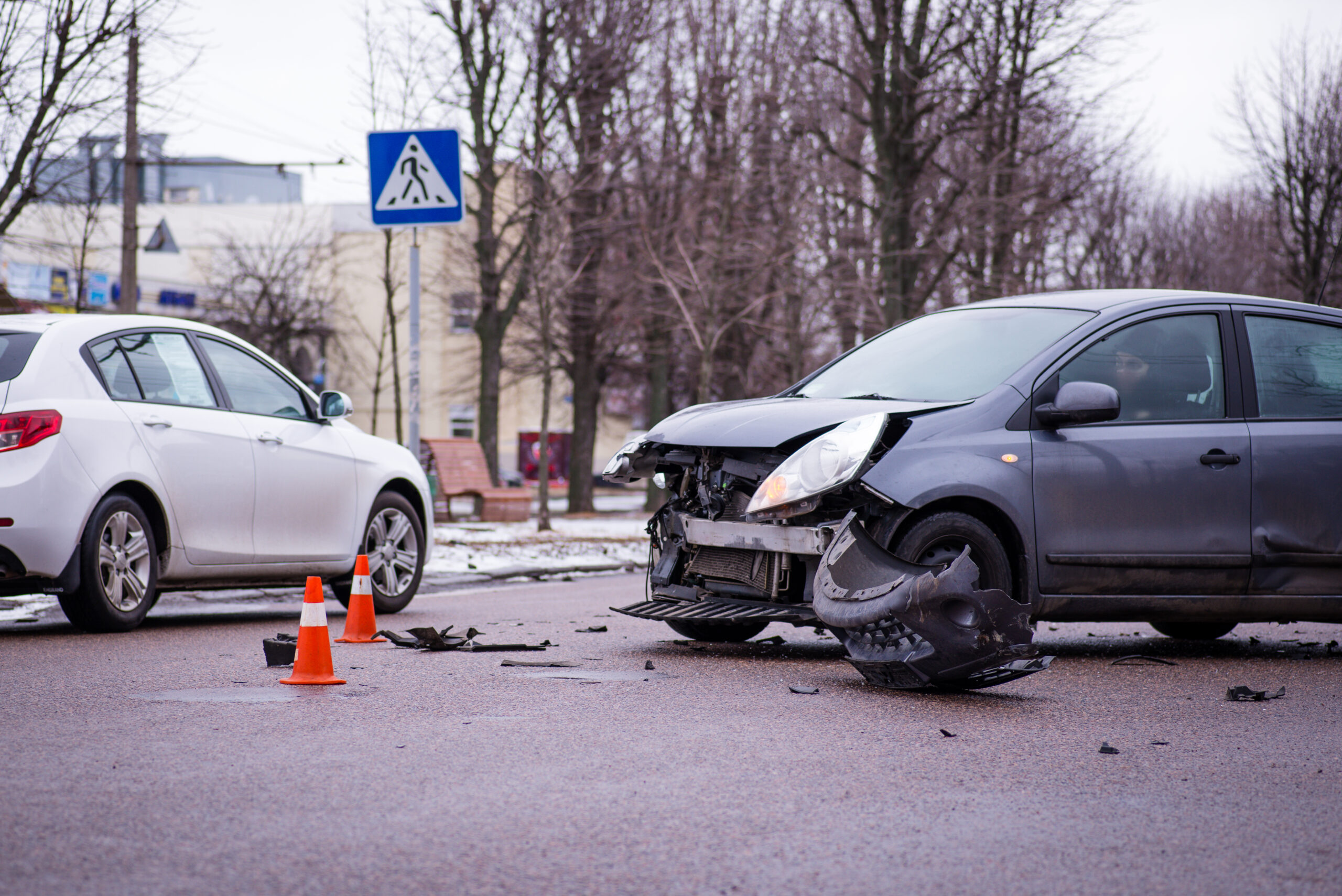A common question often arises when discussing car accidents and liability in California: Is California a no-fault state? The answer is important for drivers, insurance companies, and legal professionals alike, as it can significantly impact how claims are processed, how damages are assessed, and how individuals can recover compensation after an accident.
If you’re involved in a collision, consult a California car accident attorney. A lawyer can explain your rights and options and seek the financial recovery you deserve for your injuries and losses.
What is a No-Fault State?

A no-fault state is one where insurance policies provide coverage for individuals involved in car accidents regardless of who is at fault. In these states, drivers typically file claims with their own insurance company for medical expenses, lost earnings, and other damages rather than pursuing compensation through the at-fault driver’s insurance.
The advantages of the no-fault system include:
- Quick compensation: Victims can review compensation more quickly, as they do not need to prove fault
- Reduced litigation: Fewer lawsuits are filed since drivers can recover from their own insurance, decreasing court congestion.
Like most everything else, no-fault insurance has disadvantages as well, including:
- Limited recovery: Victims may be limited in their ability to pursue compensation for non-economic damages, like pain and suffering, unless they meet specific criteria.
- Higher premiums: No-fault systems can sometimes lead to higher premiums, as insurance companies cover more claims regardless of fault.
The no-fault insurance system is less common than the fault-based system; only 12 states currently operate under this rule.
California’s Fault-Based System
California is not a no-fault state; it follows a traditional fault-based system. Under California law, the driver at fault for the accident is responsible for compensating the other party for damages. This includes medical expenses, lost income, property damage, and pain and suffering.
California Vehicle Code § 17150 establishes the principle of liability in car accidents. Under this law, the driver of a vehicle is liable for any injury or damage that they cause by their negligence or wrongful act. This legal framework requires victims to sufficiently establish fault before they can recover damages from the at-fault driver.
The victim has the burden of proof in these cases, and they must prove the other driver was to blame by a preponderance of the evidence. This means it is more likely than not the driver caused the accident due to negligence or wrongdoing. These are complicated legal standards, and you should always have a car accident lawyer handling this process.
Insurance Requirements in California
Like most other states, California requires drivers to carry minimum liability insurance coverage. The required limits in California currently include:
- $15,000 for injury or death to one person
- $30,000 for injury or death to multiple people
- $5,000 for damage to property
This is often abbreviated as “15/30/5” coverage.
Additionally, California drivers can add optional coverage to their policy, like:
- Collision coverage: Pays for damage to your vehicle after an accident.
- Comprehensive coverage: Covers non-collision-related incidents, like theft or natural disasters.
- Uninsured/underinsured motorist coverage: Protects you if you’re in an accident with a driver who lacks adequate insurance.
Drivers can purchase more vehicle insurance as long as the liability insurance meets legal requirements. Driving without insurance in California can result in a number of penalties, including fines and driver's license suspension.
How Fault is Determined in California Car Accidents
As mentioned, under California’s fault-based system, accident victims must establish the other driver’s fault to collect compensation. Fault is generally established in two ways: negligence or statutory negligence.
A large number of car accidents are the result of negligence. When a party is negligent, it means they failed to act in a reasonable manner. Establishing negligence requires satisfying four important elements:
- Duty: Drivers are obligated to drive safely, obey all traffic laws, and respect other drivers to keep themselves and others out of danger. You must establish the other driver owed you a duty of care at the time of the collision.
- Breach: A breach occurs when a driver engages in dangerous or wrongful behavior, such as speeding, distracted driving, or driving under the influence. You must show how the other driver breached their duty.
- Causation: The driver’s breach of duty must be the direct cause of the collision. It’s necessary to exhibit the relationship between the driver’s actions and your accident.
- Damages: You must prove you suffered harm from the crash, including injuries and financial losses.
In some cases, you may prove fault under statutory negligence, also known as negligence per se. Establishing liability under this legal theory entails proving the other driver violated the law. If your car accident lawyer can prove this, it automatically establishes the “duty” and “breach” elements of negligence.
At the scene of the collision, law enforcement officers will cite drivers who break the law. The police accident report details the violation, which you can use as evidence of the other driver’s negligence.
Proving fault is necessary but can be challenging in some accident cases. A car accident attorney can investigate your collision, collect pertinent evidence, and establish the other party’s negligence to get you one step closer to obtaining favorable financial recovery.
The Claims Process in California
The claims process in at-fault states varies from that in no-fault states since you are filing a claim with the other driver’s insurance. The following are the typical steps for insurance claims in California.
Gather Evidence
After an accident, involved parties need to collect evidence. This includes videos and photographs, witness contact information, and police reports. All this information helps establish how the incident happened and who is at fault, and your car accident attorney can immediately begin investigating and organizing evidence to build your claim.
As your claim progresses, more evidence and documentation may become available, which your attorney can obtain.
Notify Insurance Companies
Both parties should report the accident to their respective insurance companies, and you should have your car accident lawyer handle this communication. Even if you were not at fault for your collision, your insurance company should still receive notification of what occurred.
Some policies detail exactly how long policyholders have to contact their insurance provider. To be on the safe side, it’s best to have your attorney report the collision to your insurer as quickly as possible.
File the Claim
When you’re ready to file your claim, contact the other driver’s insurance company to initiate the claim. Provide them with the necessary information and documentation related to your accident. However, be careful not to share too much – remember, they are not on your side and can use anything you say to minimize your claim.
Investigation
Once you file your claim, the insurance company assigns an adjuster. This individual is the point of contact for your claim and is the party responsible for investigating the accident, determining fault, and assessing damages.
The adjuster will determine whether to approve or deny the claim based on their investigation. If the claim is approved, they’ll decide how much it is worth.
Negotiate a Settlement
When the insurance company approves your claim, they’ll offer a settlement. It’s important to thoroughly review the offer, as most initial offers do not adequately compensate for damages.
You have the right to negotiate for a better settlement. An attorney can handle negotiations on your behalf, as they are skilled negotiators who know how to get fair settlements for clients.
Pursue Legal Action (If Necessary)
Reaching a fair settlement with insurance companies can be challenging, especially when the insurance company is uncooperative. If negotiations fail, your lawyer may advise you to file a lawsuit. This can be a lengthy process, but a skilled attorney can represent you throughout the case and work diligently to reach the most favorable result.
What To Do if You’re Involved in an Auto Accident in California
Getting into an accident can be stressful and confusing. However, what you do after a collision can affect your rights and future compensation.
Report Your Accident
It’s best to call 911 whenever you're involved in a car accident. Law enforcement officers can assist you, speak with involved parties, and collect pertinent information. In the days following your accident, officers will create an accident report, which often serves as strong evidence in collision claims.
If law enforcement was not present at the scene, California law requires individuals involved in auto accidents to report the collision. You or your attorney can complete an SR-1 report and file it with the local DMV within 10 days after the accident. This is necessary when the crash results in injuries (no matter how minor), fatalities, or more than $1,000 in damage to property.
Reporting your accident to law enforcement is crucial. Failure to do so can seriously impact your claim and ability to secure compensation.
Seek Medical Attention
After a car accident, you should put your health at the forefront. Getting proper medical treatment is essential, not only for your physical well-being but also for your claim.
When you receive medical attention, you begin forming your accident-related medical records. Medical records can play a big role in collision claims, as they can prove the type of injuries you sustained, the severity of your injuries, and how your injuries have impacted and will impact your life. This type of documentation is vital to prove the extent of your damages.
Consult with an Attorney
When you’re involved in an auto collision, legal help is available to you. Do not hesitate to schedule a consultation with a car accident attorney right away. A lawyer can handle all claim-related tasks and protect your rights throughout the process.
Do You Need an Attorney for Car Insurance Claims in California?

If you’re facing a collision claim with the insurance company, it’s normal to wonder whether you should hire legal representation. In short, you should always seek legal guidance following a car crash.
A car accident attorney can be your best ally. They can provide guidance and support, explain your rights as a crash victim, and give you professional advice and opinions regarding your claim. Having a lawyer provides numerous benefits, such as:
- Knowledge: Attorneys understand the nuances of insurance law and can navigate even the most complex claims efficiently.
- Negotiation skills: Lawyers can negotiate to ensure you receive a fair settlement, especially if the insurance company is reluctant to pay what you deserve.
- Documentation support: Attorneys can help gather and organize necessary documentation, such as medical records and repair estimates, to strengthen your claim.
- Establishing liability: If there’s a dispute over who is at fault, a lawyer can help establish liability and advocate for your position.
- Maximizing compensation: Your lawyer can help identify all potential damages you may be entitled to, including all economic and non-economic losses.
- Legal representation: If your case escalates to litigation, having an attorney already involved means you’ll have representation throughout the legal process.
- Peace of mind: Knowing you have a professional handling your claim can reduce stress and allow you to employ your time and energy on other things, like your physical and mental recovery.
When you’re hurt in a car accident, time is limited to take action. An experienced lawyer can ensure your claim is filed timely and properly and actively pursue a just resolution for your claim.
After a Car Accident in California, an Attorney Can Help You Pursue Compensation Through an Insurance Claim
California is a fault state, where at-fault drivers are responsible for compensating their victims. If you are the victim of an auto collision in California, you have the right to pursue justice and financial recovery.
Following your auto collision, consult with a seasoned attorney right away. Your lawyer can evaluate your situation, investigate, establish liability, calculate your damages, and advocate for your best interests throughout the process. Having an attorney on your side puts you in a much more favorable position to get the claim result you deserve.
Proving liability and establishing all necessary details can be challenging in fault claims. Let an experienced California personal injury lawyer take on your claim and seek justice on your behalf.


